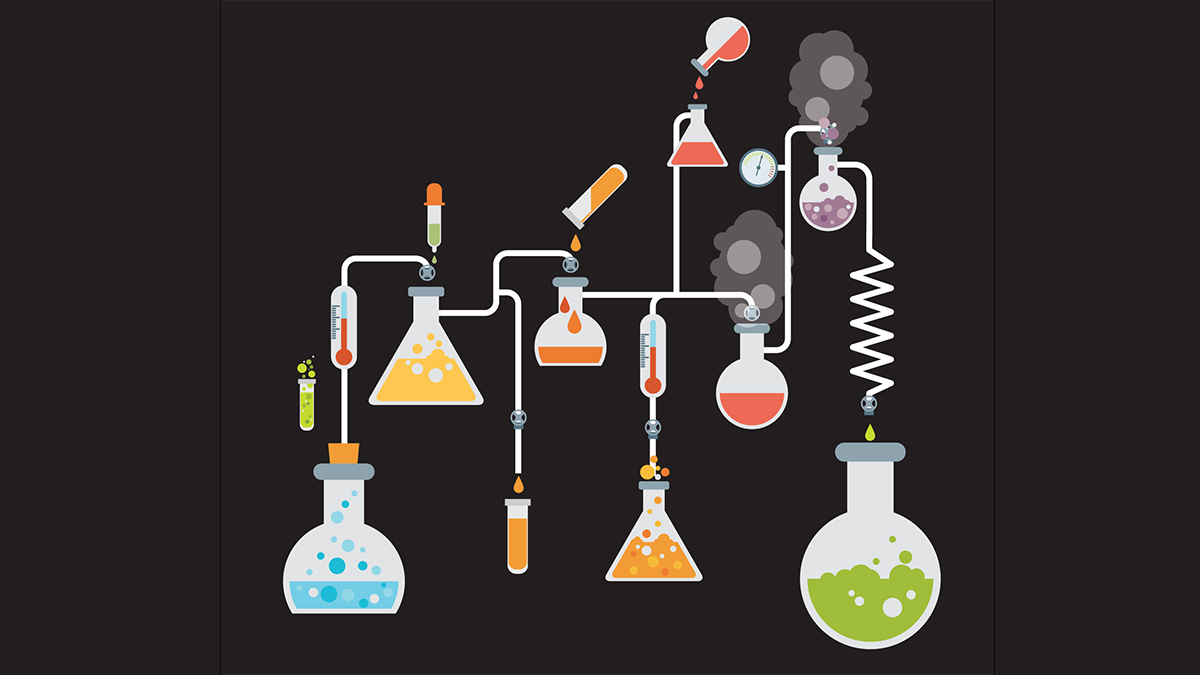Chemical sensitivity, also known as multiple chemical sensitivity (MCS), is a condition characterized by heightened sensitivity to various chemicals found in everyday environments. Individuals with MCS often experience a range of symptoms, including respiratory issues, headaches, and fatigue. However, recent research suggests that there may be a deeper connection between chemical sensitivity and anxiety. In this blog post, we will delve into the intricate relationship between these two conditions, exploring the potential causes, symptoms, and management strategies.
- Understanding Chemical Sensitivity:
Chemical sensitivity refers to an exaggerated response to low levels of chemicals commonly found in household products, cleaning agents, perfumes, and even certain foods. While the exact cause of chemical sensitivity remains unclear, it is believed to involve a combination of genetic, environmental, and immune system factors. Individuals with chemical sensitivity may experience symptoms such as dizziness, nausea, skin rashes, and difficulty breathing when exposed to certain substances. - Unraveling the Link with Anxiety:
Emerging evidence suggests that there is a bidirectional relationship between chemical sensitivity and anxiety. On one hand, individuals with pre-existing anxiety disorders may be more susceptible to developing chemical sensitivity due to heightened stress responses and altered immune function. On the other hand, the constant fear and uncertainty associated with chemical sensitivity can trigger or exacerbate anxiety symptoms in previously unaffected individuals. This intricate interplay between the two conditions underscores the importance of addressing both simultaneously for effective management. - Shared Mechanisms:
Several mechanisms may explain the link between chemical sensitivity and anxiety. Firstly, the limbic system, which regulates emotions and stress responses, may be hypersensitive in individuals with chemical sensitivity, leading to heightened anxiety. Secondly, chronic exposure to certain chemicals may disrupt neurotransmitter balance, affecting mood regulation and increasing the risk of anxiety disorders. Lastly, the psychological impact of living with chemical sensitivity, such as social isolation and fear of exposure, can contribute to the development of anxiety symptoms. - Managing Chemical Sensitivity-Induced Anxiety:
Managing anxiety in individuals with chemical sensitivity requires a comprehensive approach that addresses both the physical and psychological aspects of the conditions. Firstly, reducing exposure to triggering chemicals is crucial. This may involve creating a chemical-free living environment, using natural and fragrance-free products, and implementing proper ventilation systems. Additionally, stress management techniques, such as mindfulness meditation, deep breathing exercises, and cognitive-behavioral therapy, can help individuals cope with anxiety symptoms effectively.
Conclusion:
The intricate connection between chemical sensitivity and anxiety highlights the need for a holistic approach to management. By understanding the shared mechanisms and implementing strategies to reduce exposure and manage anxiety, individuals with chemical sensitivity can experience improved quality of life. Further research is needed to unravel the complexities of this relationship and develop targeted interventions. In the meantime, raising awareness and providing support for those affected by chemical sensitivity and anxiety is crucial in promoting overall well-being.











+ There are no comments
Add yours